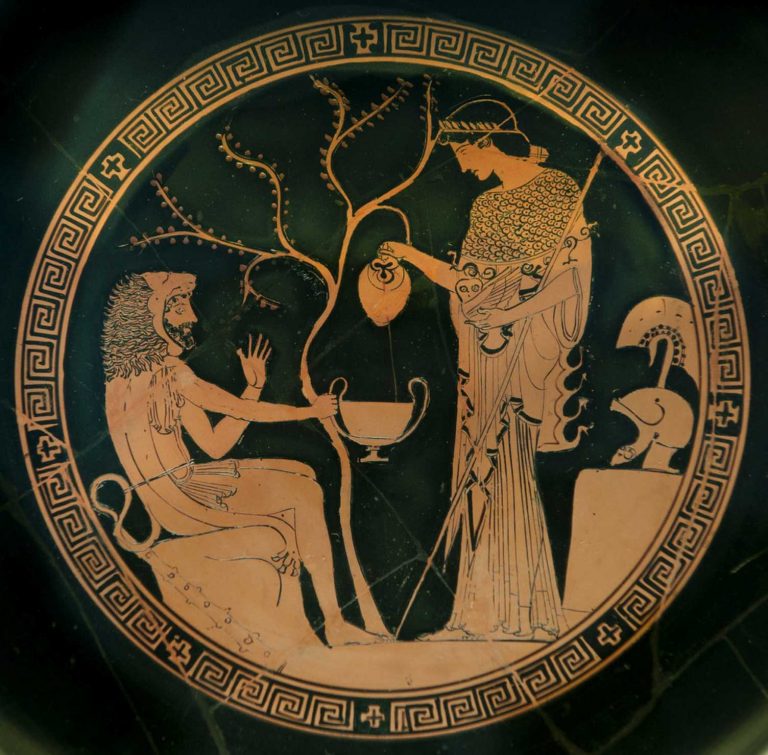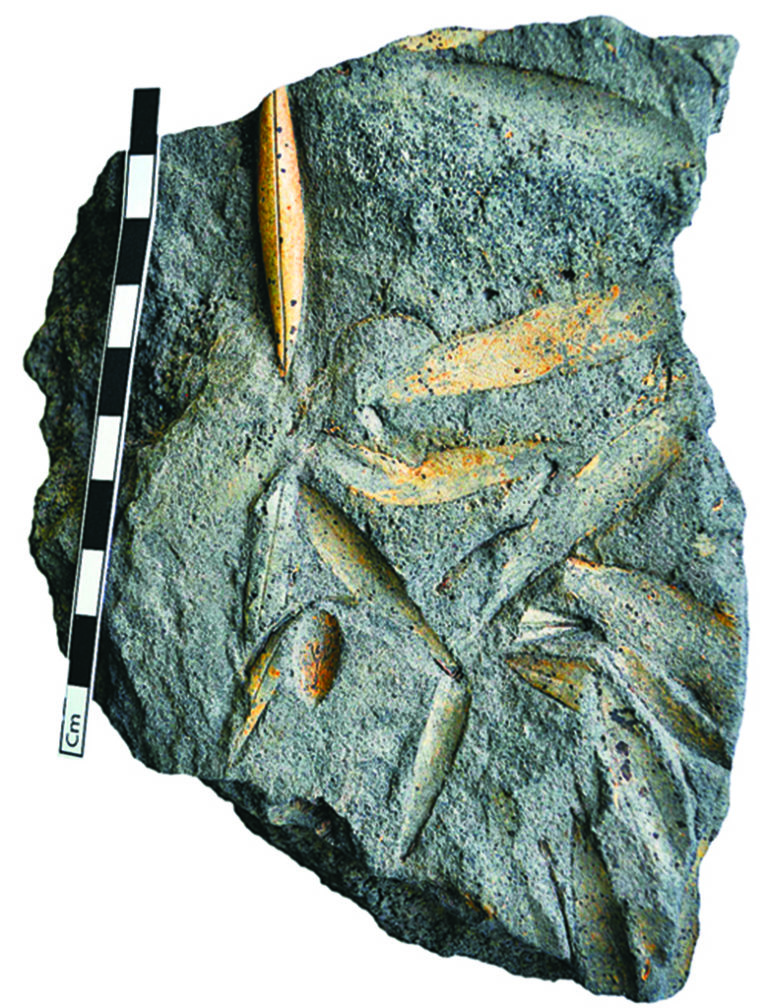Ancient Origins and Sacred Significance

In ancient Greece, the olive tree held a revered position, symbolizing peace, wisdom, and prosperity.
It was believed to be sacred to Athena, the goddess of wisdom and warfare.
Olive branches were bestowed upon victorious athletes during the ancient Olympic Games, signifying their achievements and the olive tree’s association with success.
The olive tree’s roots can be traced back to the Oligocene epoch, around 20-40 million years ago.
Fossil evidence suggests its emergence in what is now Italy and the eastern Mediterranean Basin.
Archaeological excavations have unearthed olive pits and oil lamps dating back to the Neolithic period, indicating that humans were cultivating and utilizing olives as early as 6,000 BCE.

Greek Olive Trees: A Legacy of Quality

Greece is renowned for its exceptional olive trees and olive oil production.
The country boasts a rich olive growing heritage, dating back over 5,000 years.
Greek olive trees are renowned for their longevity and adaptability, with some specimens reaching over 2,000 years old.
The unique terroir of Crete, characterized by its diverse landscapes and Mediterranean climate, contributes to the exceptional quality of its olive oil.
The blend of sun exposure, rich soil, and distinct microclimates creates ideal conditions for olive cultivation making it one of the best olive oils in the world.


